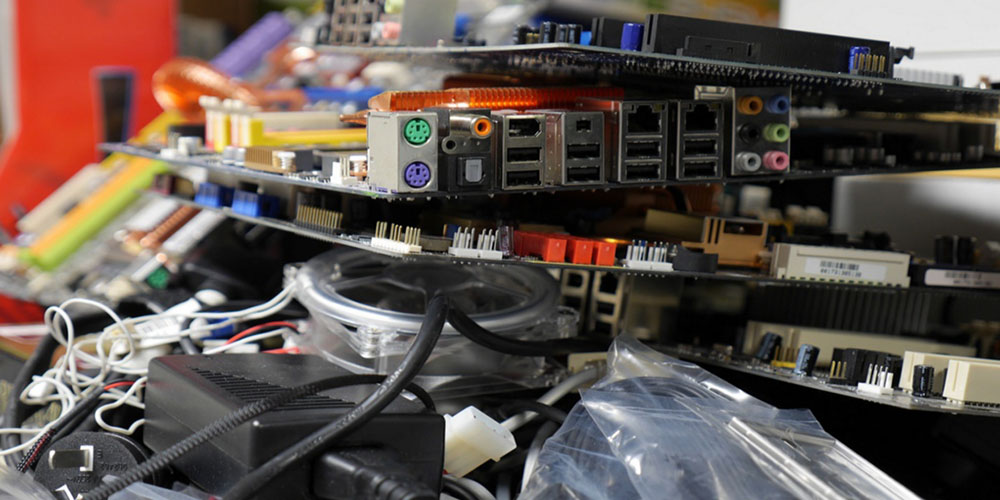I do a lot of reading online. This shouldn’t feel like a hard-won conclusion, and yet it is something I have only started to notice recently. I work at a book press, and yet more and more, the role paper plays in my life has diminished. When I was going to Danebo Elementary School in 2005, I came to class outfitted with clean paper notebooks, folders to fill with my paper assignments, and binders to hold it all together. Today I use my laptop to take notes, which I save to Google Drive along with all my other assignments, which I turn in to my professors via D2L (Portland State University’s online learning management system), where I find my assignments, schedule, and syllabus. The books I read for work and pleasure are almost always downloaded onto my phone either as EPUB files or as audiobooks. I carry almost no paper with me and feel righteous frustration when handed a paper syllabus.
I feel virtuous for saving paper, but this issue might not actually be as cut and dry as we think. According to Alison Moodie’s 2014 article for The Guardian, “Is Digital Really Greener than Paper?”, it’s more complicated than that: “More than 65 percent of paper in the US was recycled in 2012, making paper the nation’s most recyclable commodity. Over the past century, forest coverage in the northern part of the country, from Minnesota to Maine, has actually increased by 28 percent.” Turns out a big reason your bank has been pushing you to “Go Green, Go Paperless” is to reduce costs. This article claims there just weren’t any studies comparing the sustainability of digital and paper media. But while paper’s relative sustainability may surprise you, wait until you hear about e-waste.
Digital media certainly seems sustainable. It’s “reusable” and makes other materials obsolete (I haven’t had an alarm clock, a flashlight, or a calendar that wasn’t part of my phone in six years). Yet more and more, smartphones and other electronic devices are treated like disposable objects. The average American keeps their cell phone for only eighteen months before discarding it. Cultural and manufacturer practices support this. Companies end maintenance to operating systems that support older devices. Overseas factories make the cost of production relatively inexpensive, and lack of know-how makes repairs to older or even gently used devices expensive and inconvenient. My last phone died when I spilled water on it—once. I went to my service provider, and they immediately started the process to get me a new one. The only place they could send it for repairs was back to the manufacturer, but a refurbished phone is considered a piece of junk in a culture where the newest device is a status symbol.
This has a cost. Despite US regulations about proper e-waste recycling, 60 percent of e-waste ends up in landfills. These leach toxic materials into the environment. Of the materials that are recycled, 30 percent are still unusable and end up getting thrown away.
Since I grew up during a time when the internet, social media, and personal devices were becoming a part of everyday life, the materiality of these things has been invisible to me. I only recently thought to wonder if the internet was the result of more than just magic (spoiler: it is). It took my sixth phone and second laptop for me to see my personal devices as material objects and to wonder where they went when I was done with them.
This is a much more complicated issue than what I have presented here, and I encourage you to do your own research. On an economic and cultural scale, we need to change how we interact with electronics before we can label them sustainable. Read more about those here. On a personal and local level, there are things you can do! Do your research about where to recycle old devices locally. Green Century Recycling is a good option in Portland. When your device breaks or sustains minor damage, try taking it to your local electronics repair shop. Or maybe try iFixit.com to find user-made repair guides and challenge yourself with some DIY projects.
Right now iFixit is teaming up with the Repair Association to lobby for right-to-repair laws in the state of Oregon. Learn more about it here. Add your name and start fighting e-waste.

